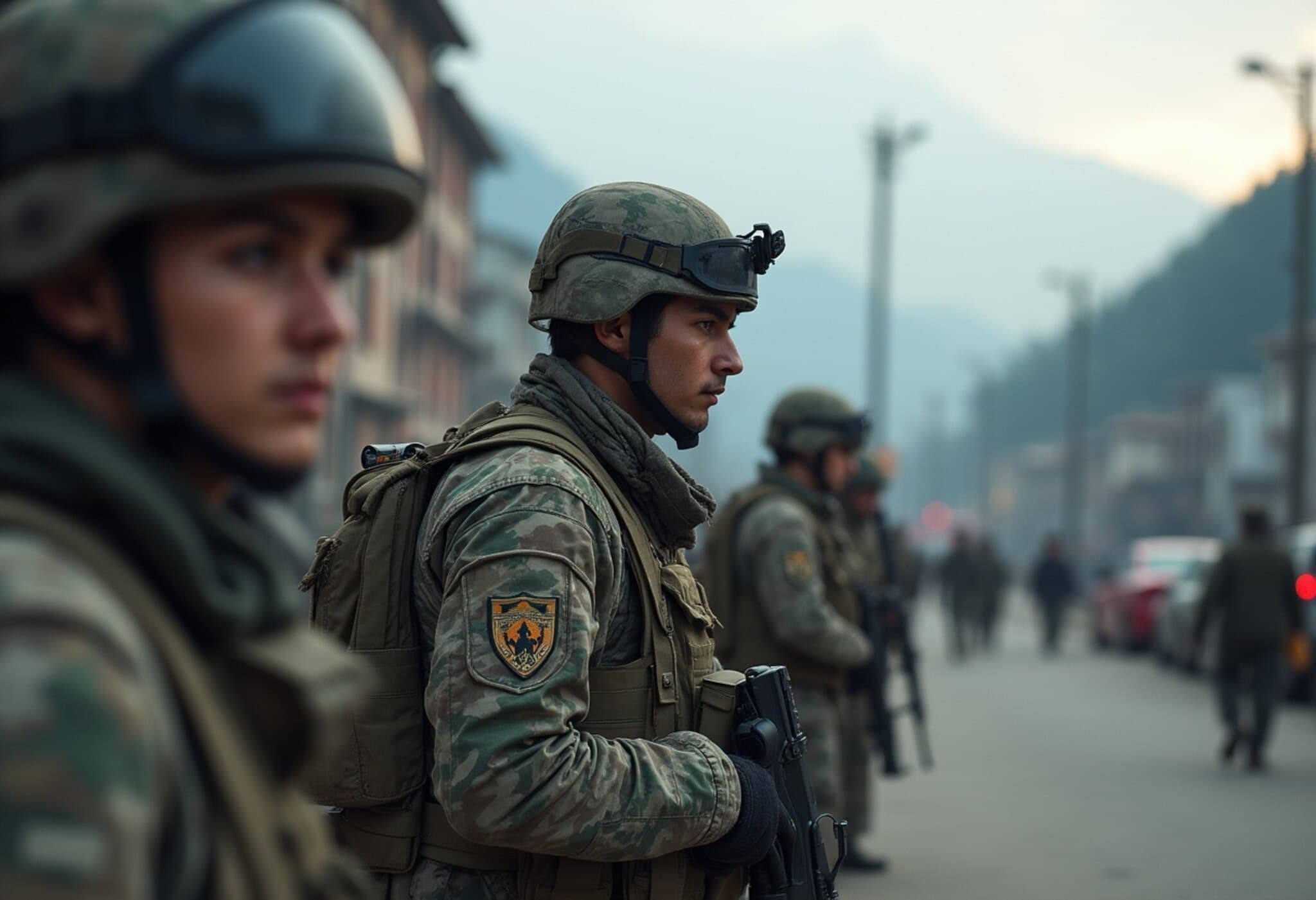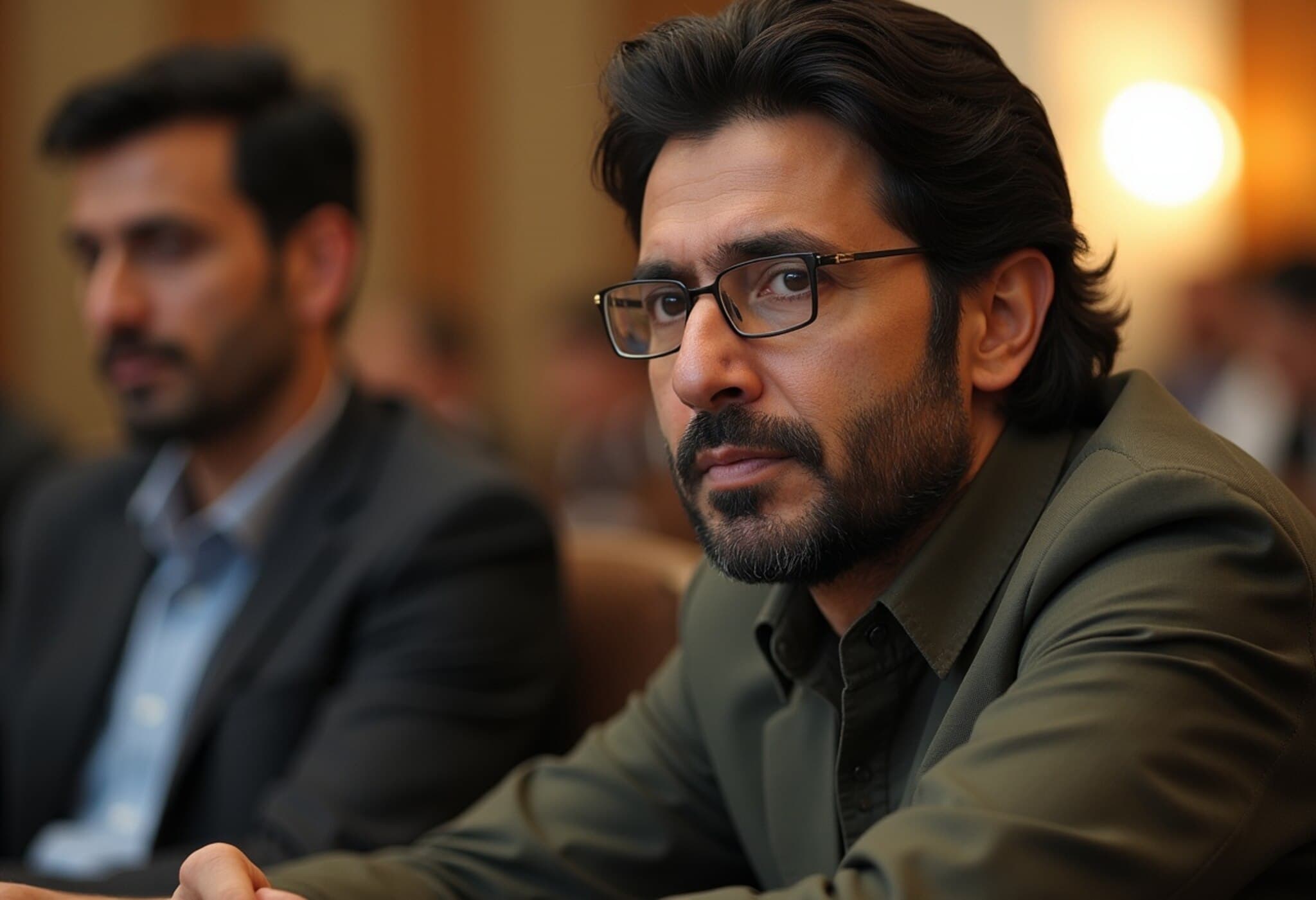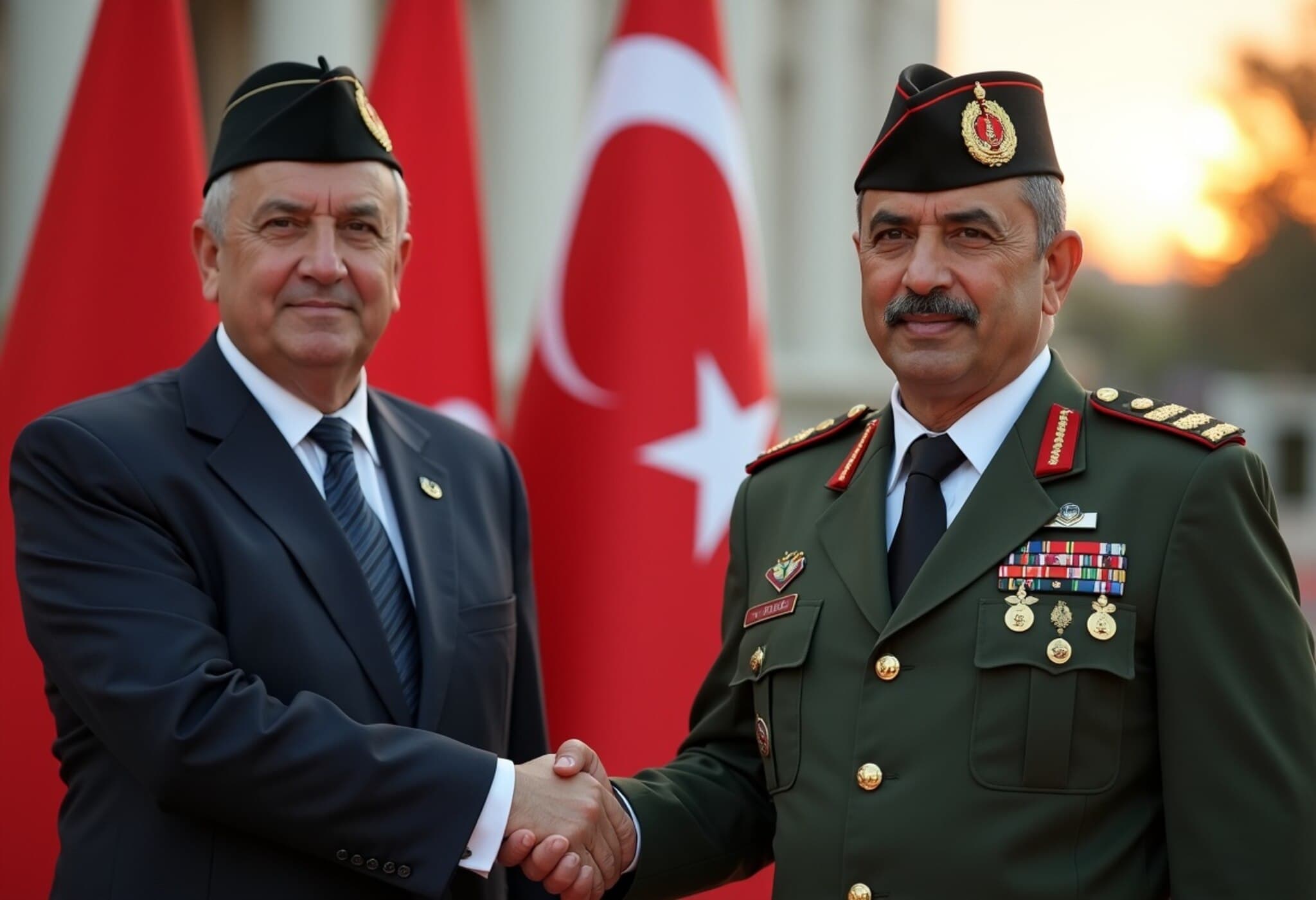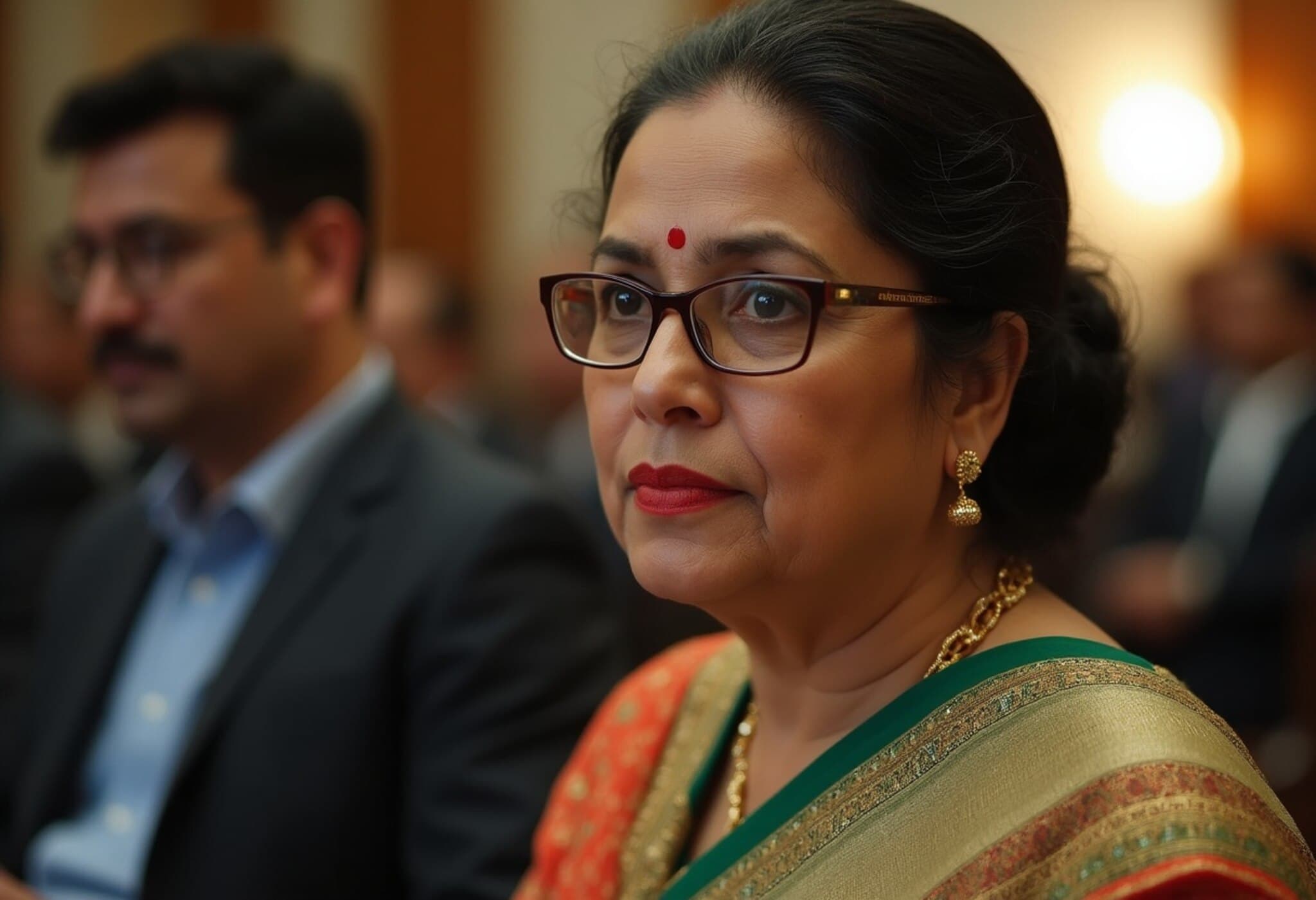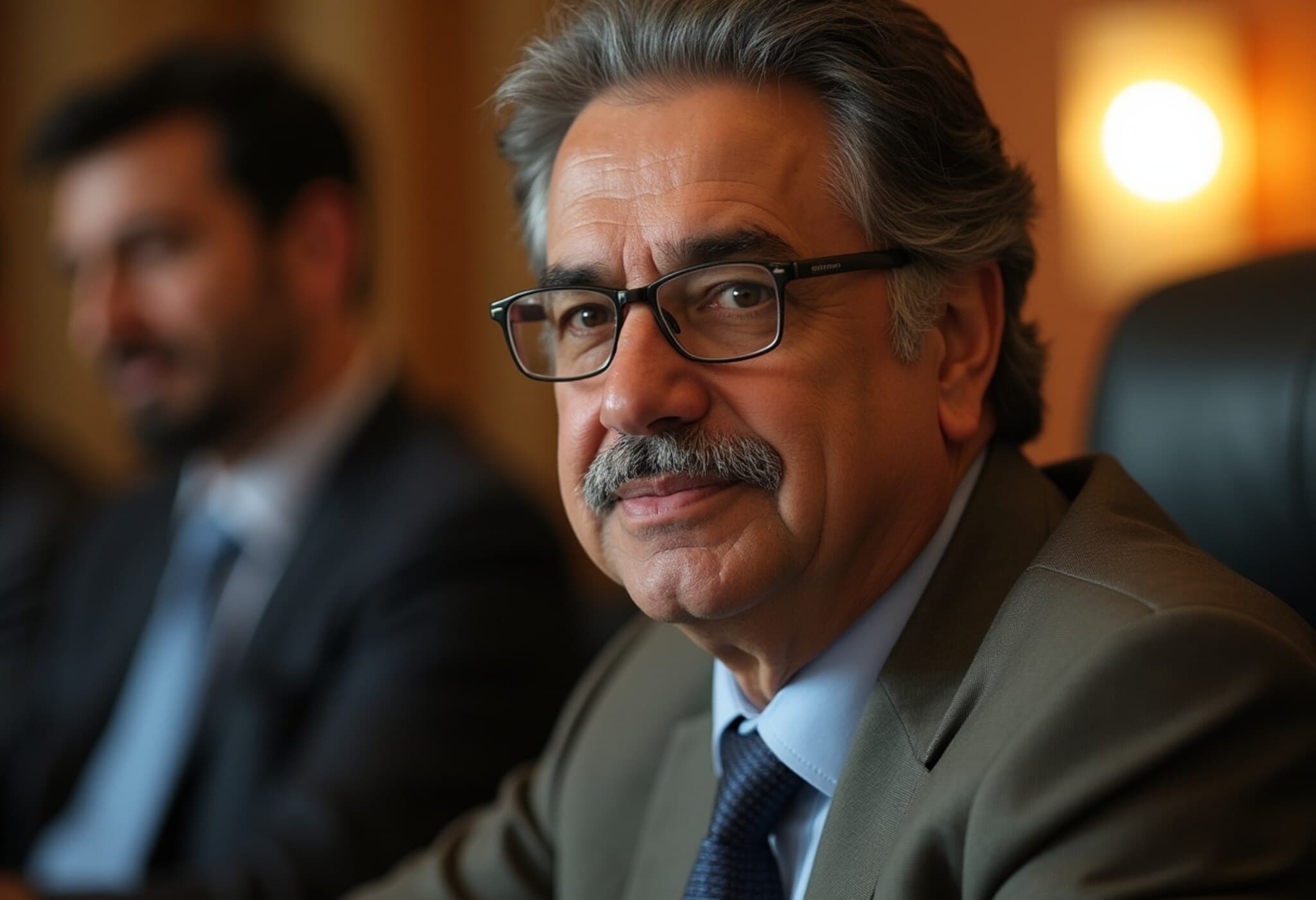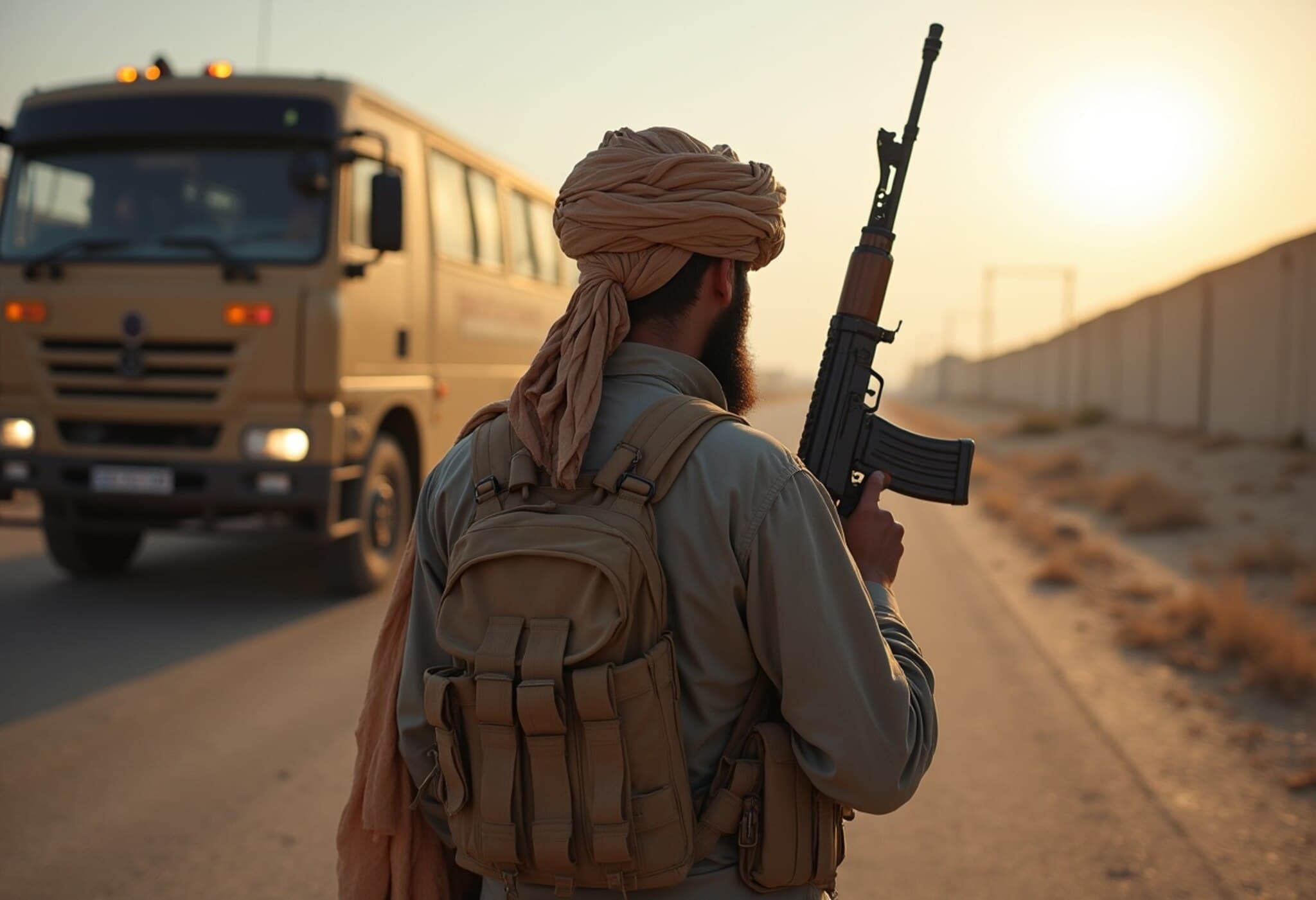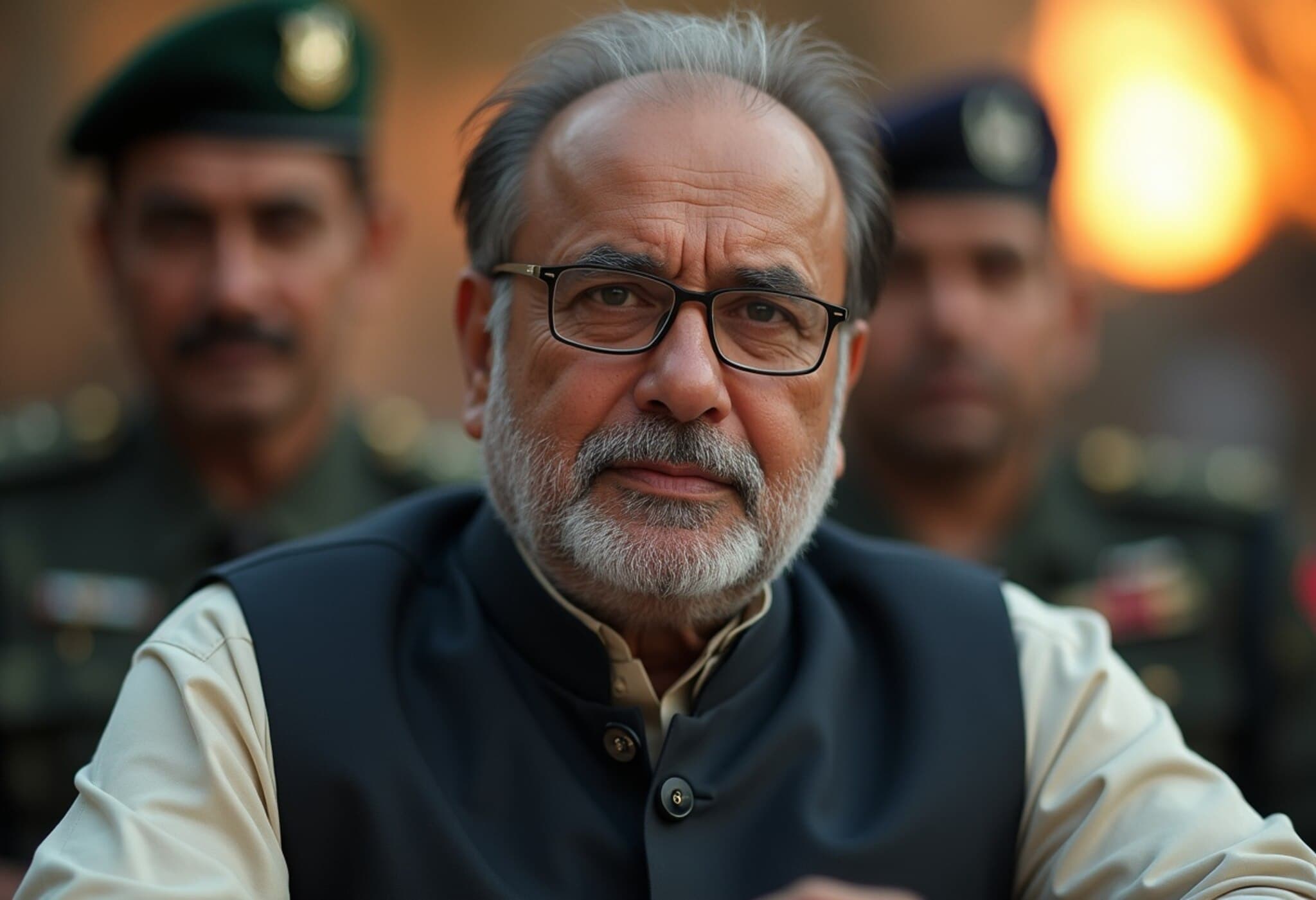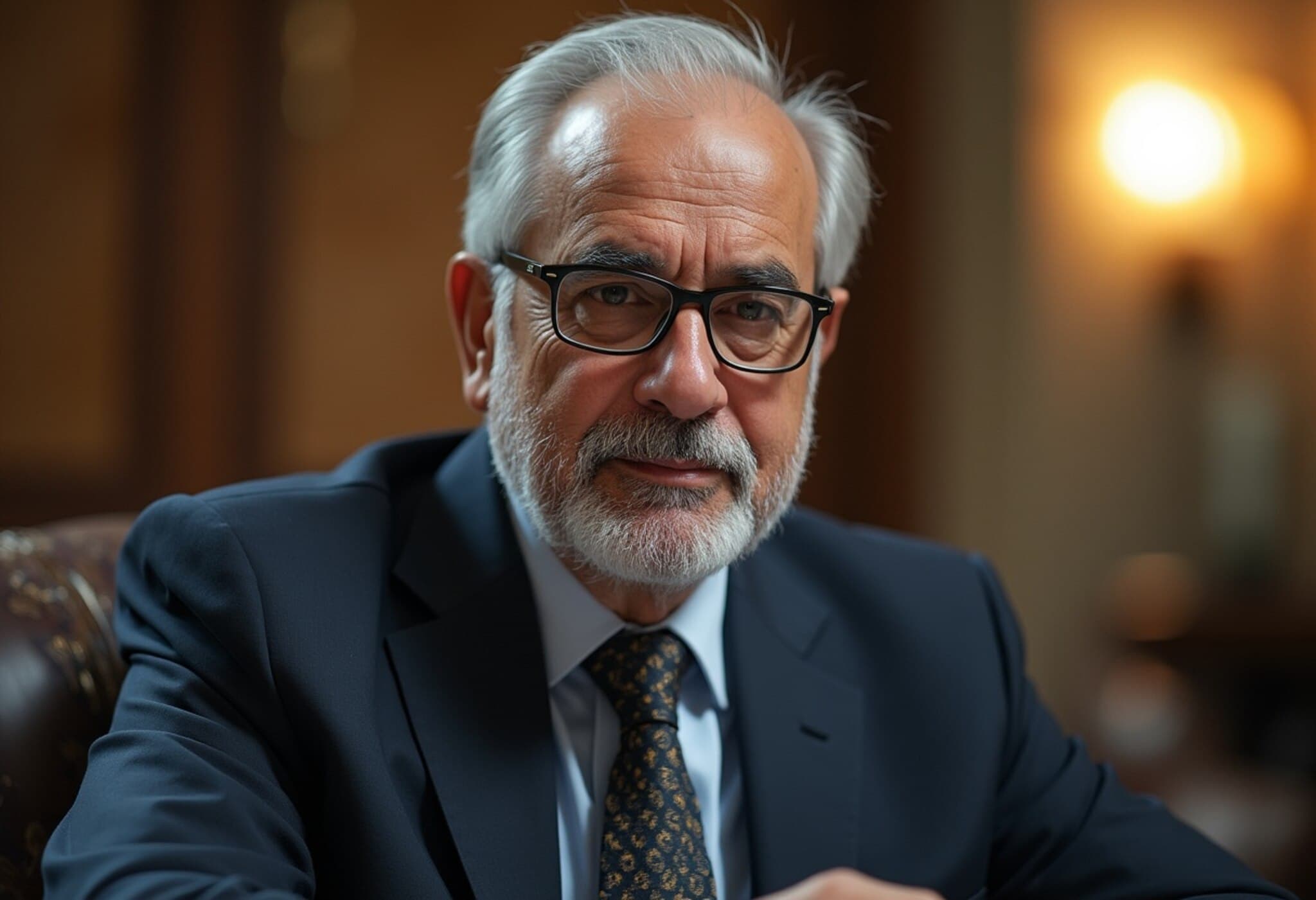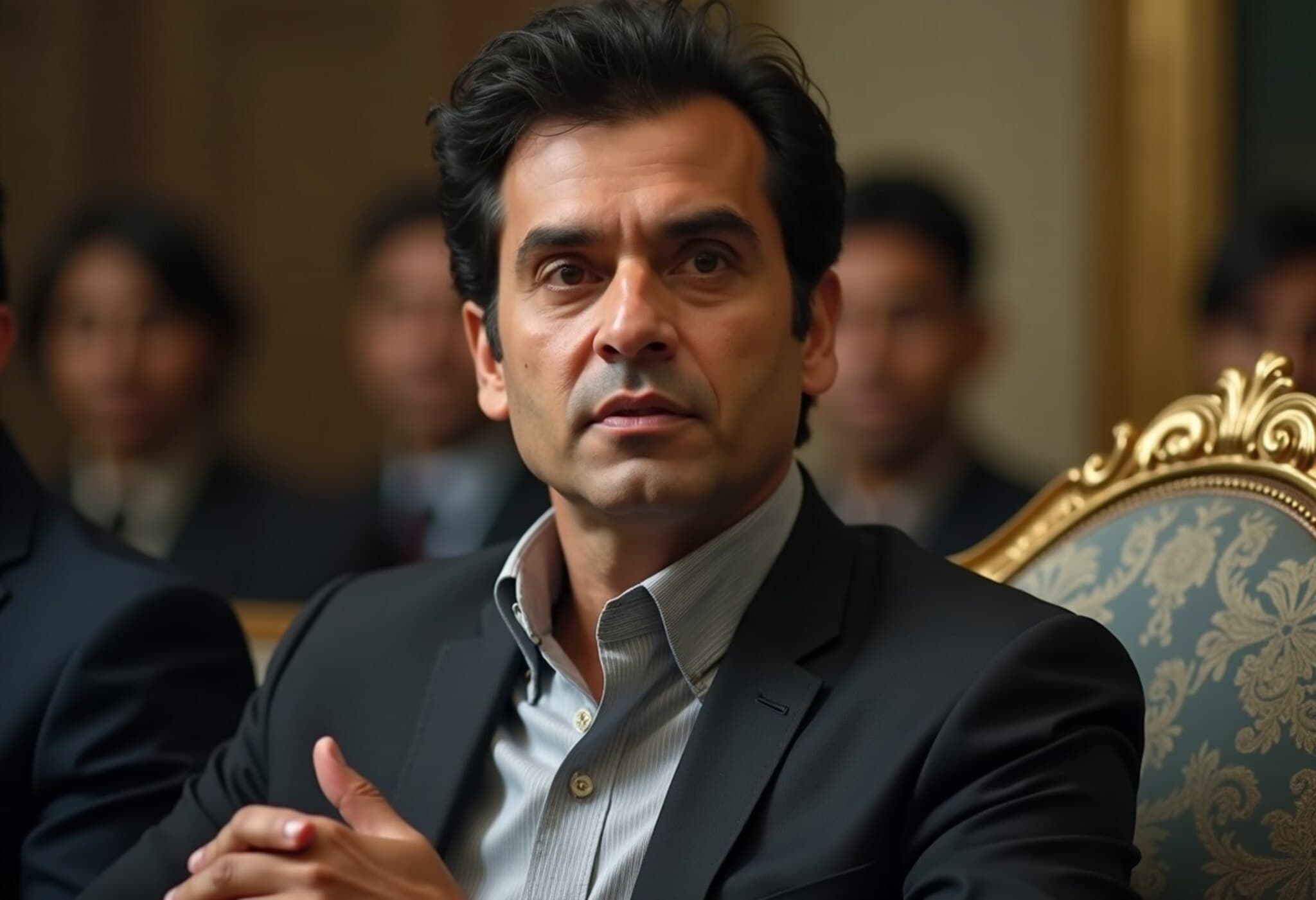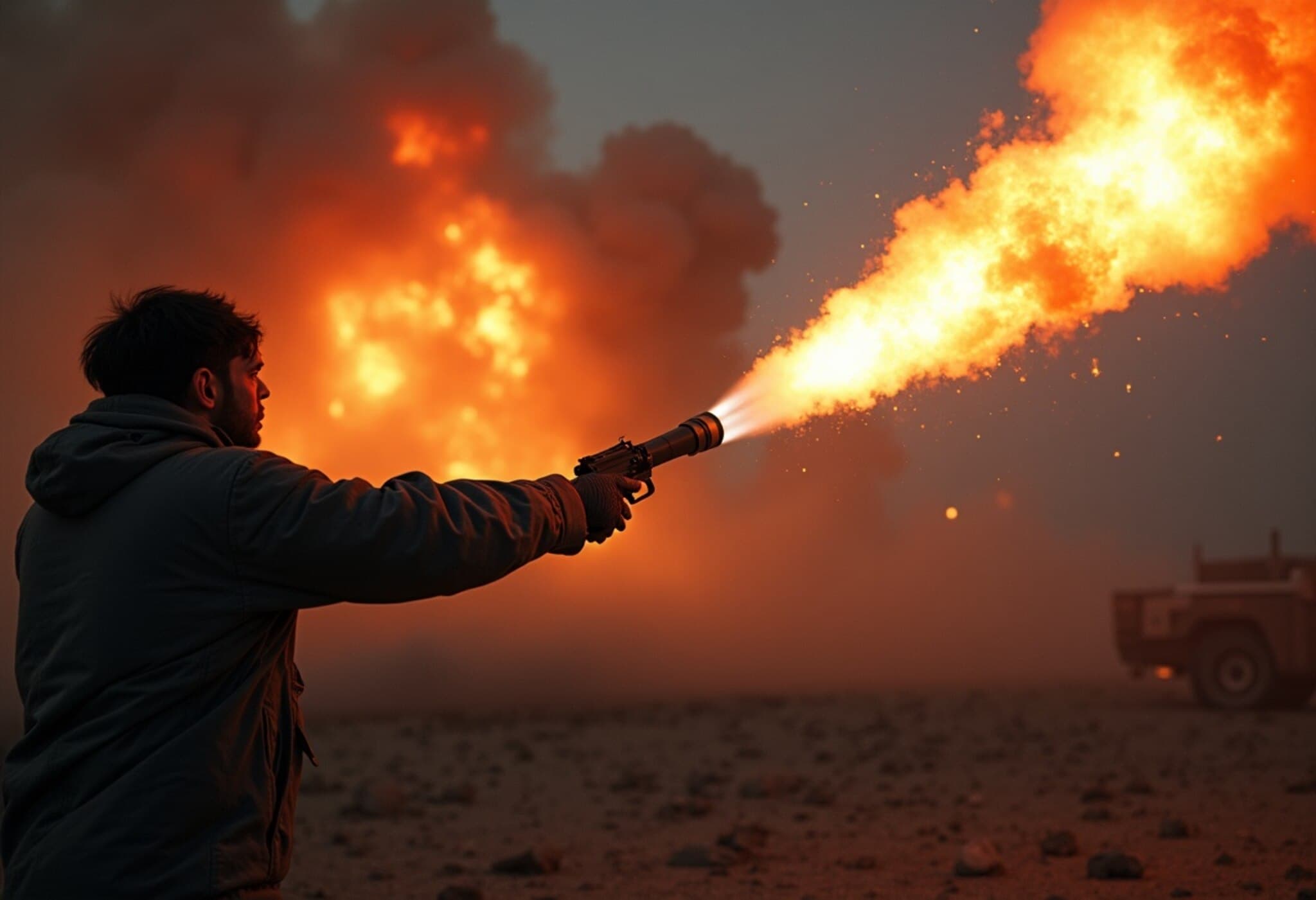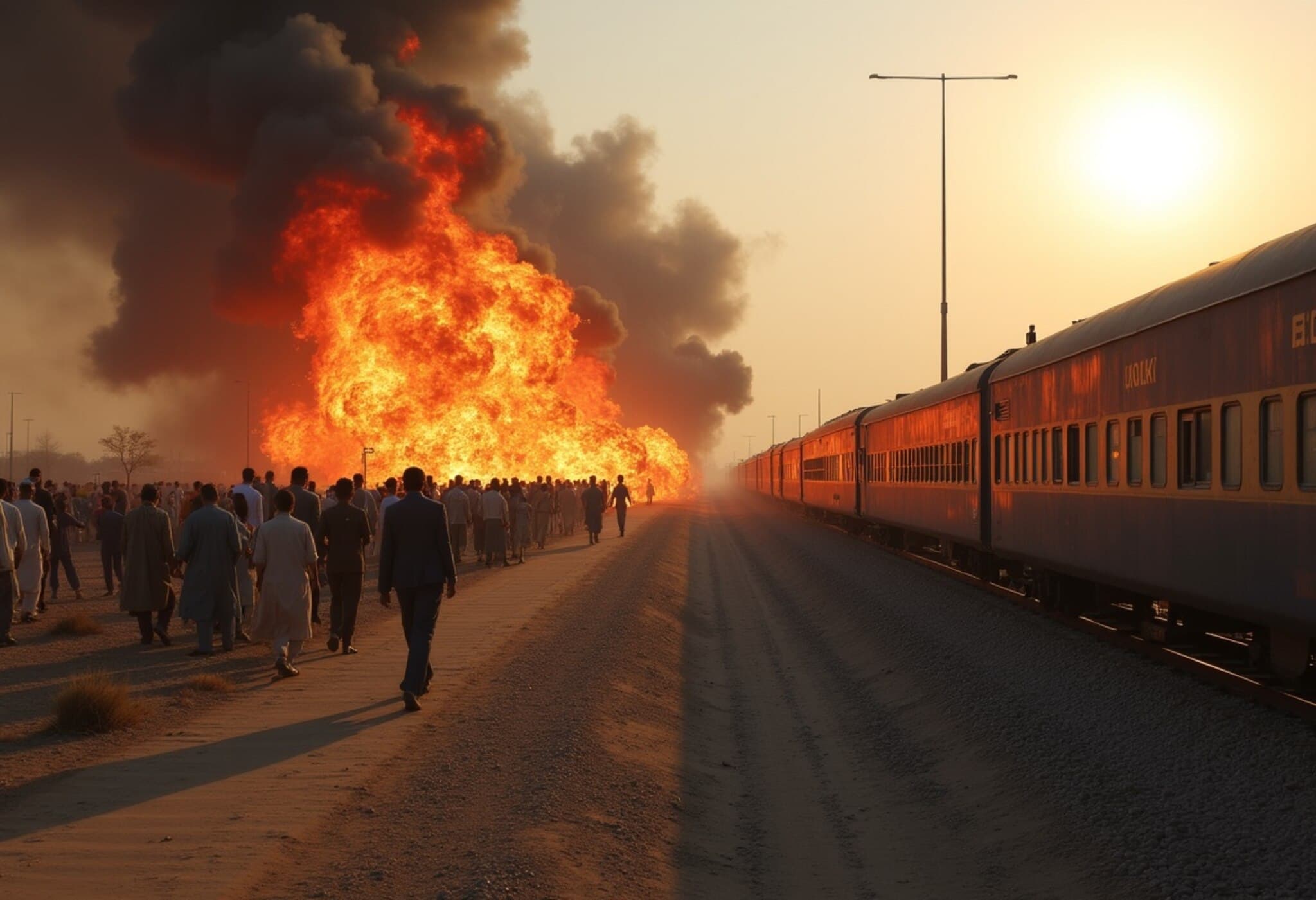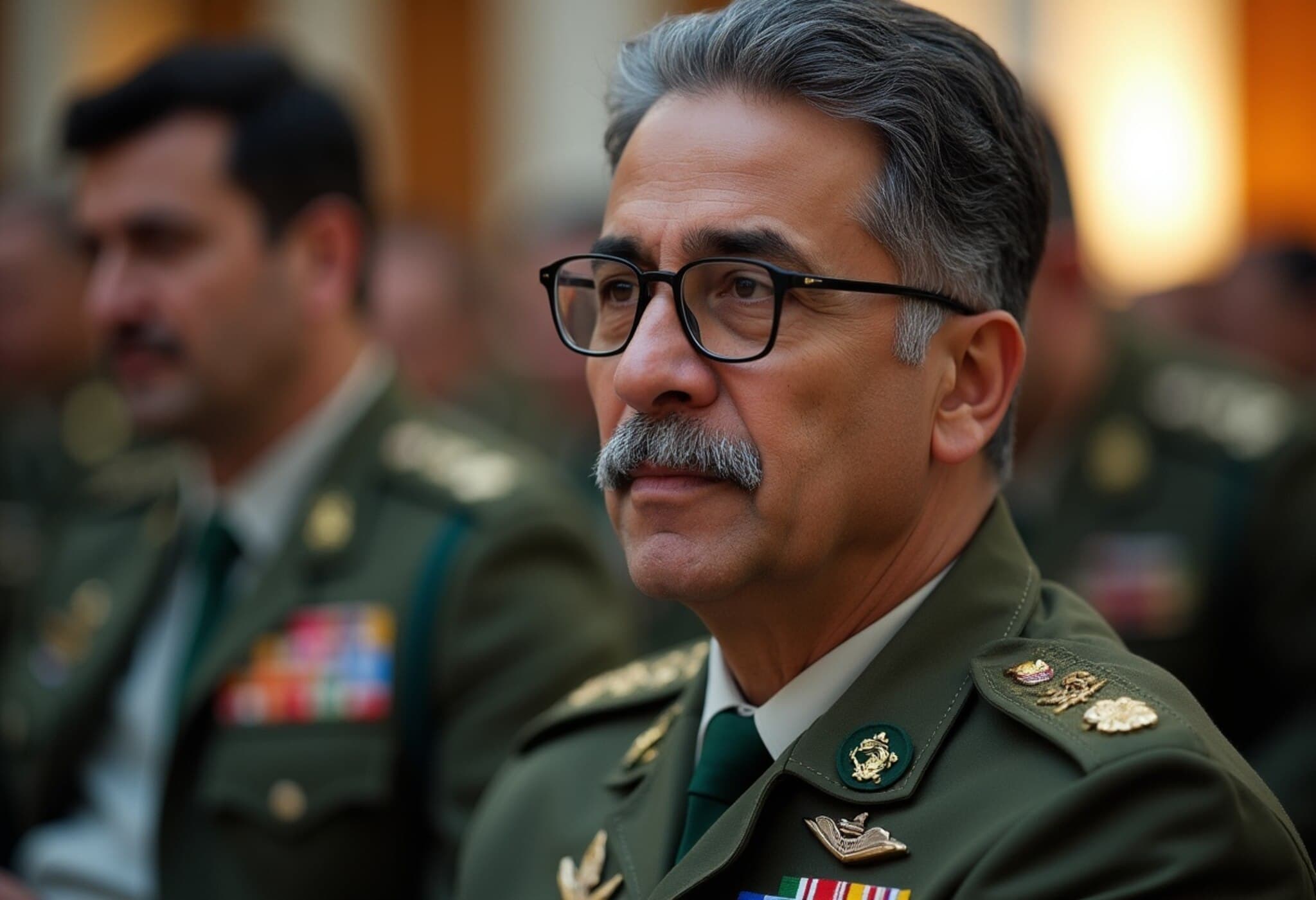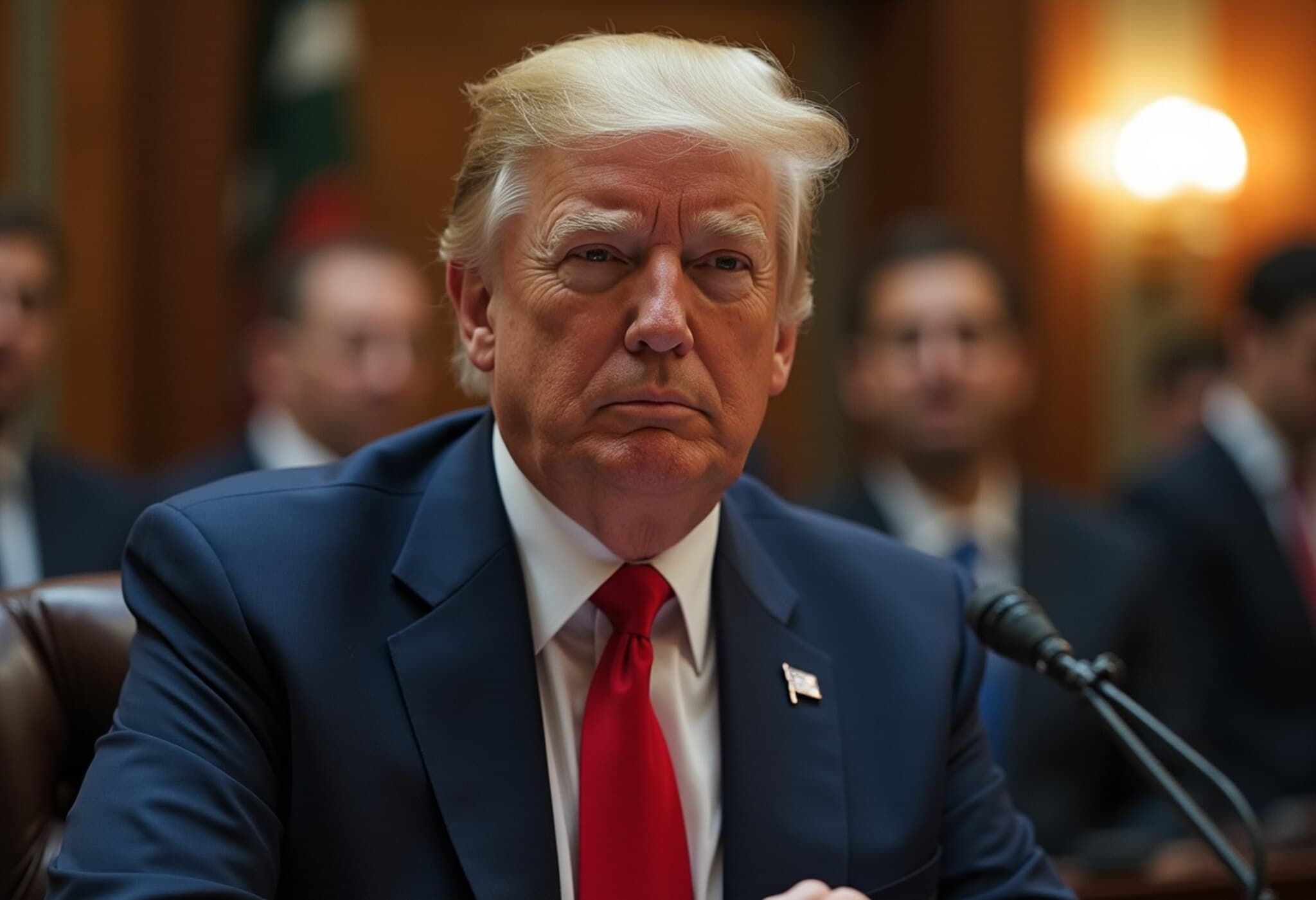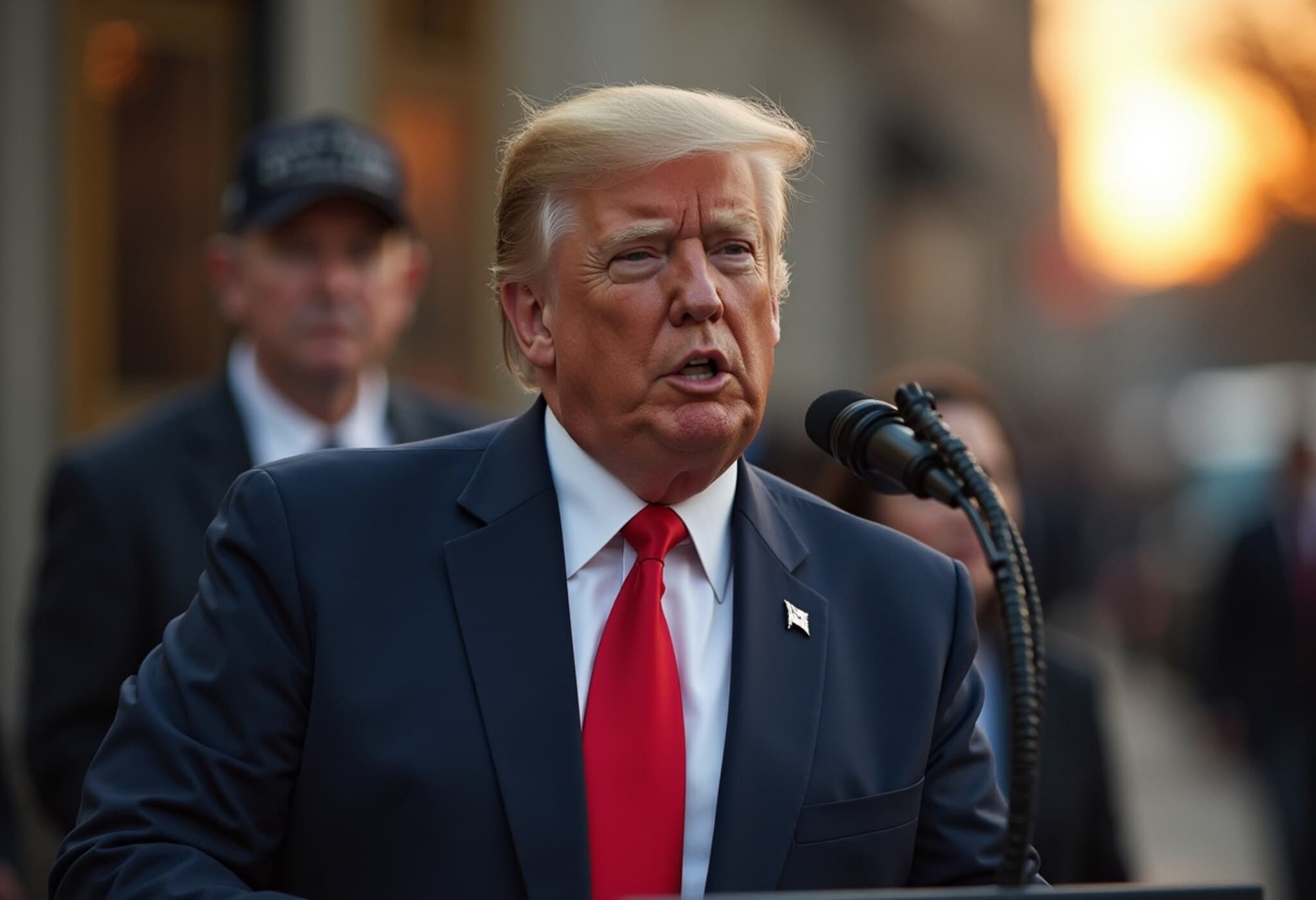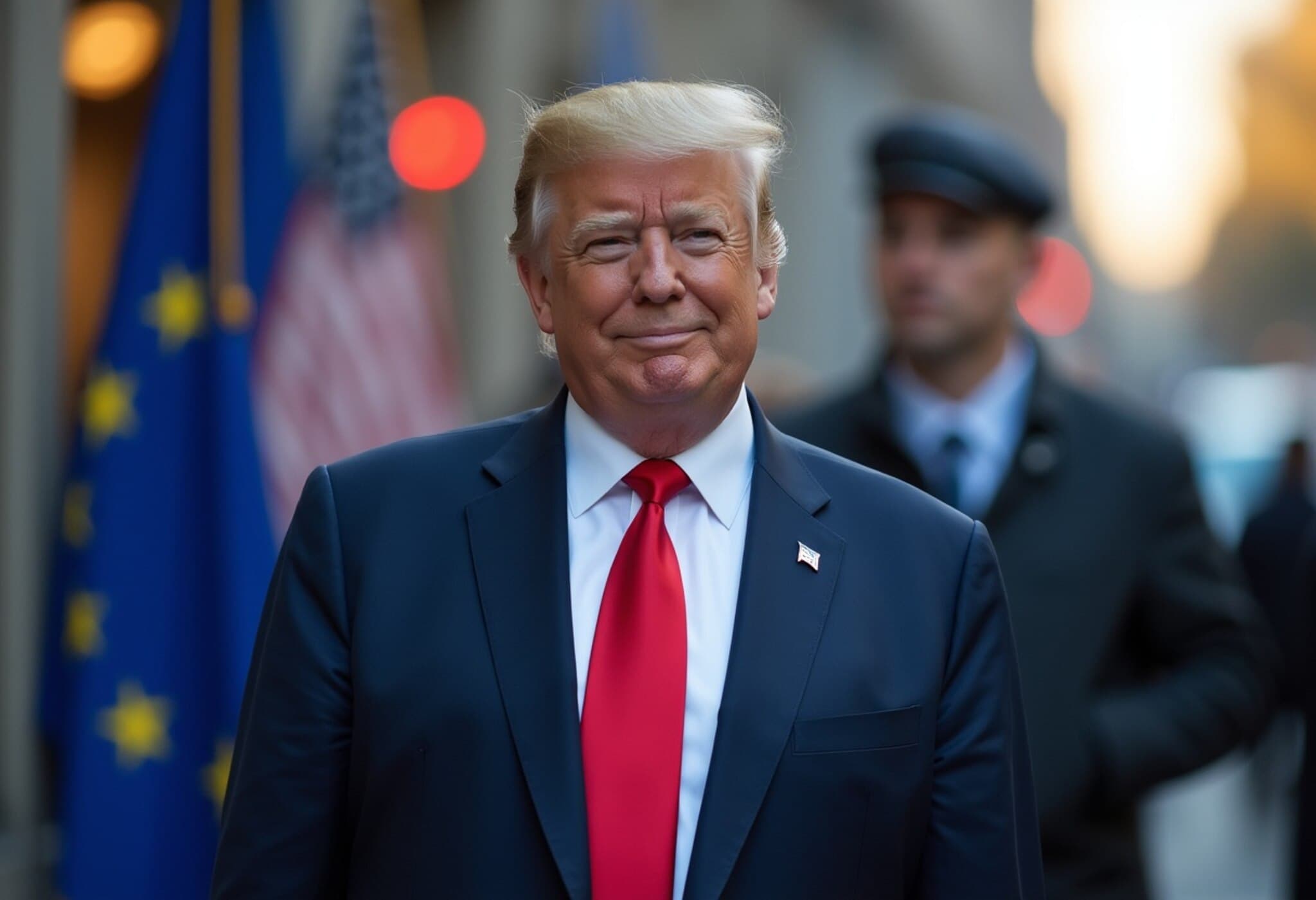US Designates The Resistance Front as Terrorist Group as Pakistan’s Inquiry Stalls
On April 22, a deadly attack in Pahalgam, Jammu and Kashmir, tragically claimed 26 civilian lives, igniting yet another tense flare-up in the fraught relationship between India and Pakistan. Now, months later, Pakistan’s official investigation into the incident remains officially inconclusive. This comes as the United States formally blacklisted The Resistance Front (TRF), the suspected group behind the attack, identifying it as a terrorist proxy for the Lashkar-e-Taiba (LeT) militant network.
Pakistan Denies Links, Accuses India of Politicizing Terrorism
Pakistan’s Foreign Office responded on July 18, 2025, asserting that no definitive links between TRF and Lashkar-e-Taiba exist, describing LeT as a defunct entity banned within Pakistan's borders. The statement emphasized Pakistan’s commitment to a zero-tolerance policy for militancy, mentioning steps taken to dismantle militant groups and de-radicalize their ranks. Yet, the acknowledgment that investigations are still "inconclusive" highlights the opaque nature of these probes, consistent with Pakistan’s past responses to terrorism-related incidents.
Pakistan also criticized India for allegedly leveraging terror designations as political tools to fuel anti-Pakistan narratives globally, a charge India vehemently disputes.
India’s Stance: TRF as Lashkar-e-Taiba Rebranded
Indian officials maintain that TRF is effectively a front for LeT, a group long implicated in cross-border militancy originating from Pakistan. The swift claim of responsibility by TRF for the Pahalgam attack — later retracted — aligns with India’s characterization of such groups using multiple aliases to mask their origin and evade accountability while benefiting from material support across the border.
April Attack and its Aftermath
The attack in Pahalgam became a flashpoint, escalating into several days of military confrontations between India and Pakistan, both nuclear-armed nations with a history of conflict over Kashmir. India launched airstrikes targeting what it described as terrorist infrastructure within Pakistani territory, marking one of the few overt cross-border military responses in recent years.
US-Pakistan-India Triangle: Strategic Interests and Diplomatic Moves
In a statement, US Secretary of State Marco Rubio described TRF as a Foreign Terrorist Organization (FTO) and a Specially Designated Global Terrorist (SDGT). An expert on South Asian affairs, Michael Kugelman, noted that this designation represents Washington’s endorsement of New Delhi’s claims concerning TRF’s affiliation with LeT and signals support amid a turbulent period in US-India relations.
- US-India Relations: The move arguably strengthens the growing strategic partnership between the US and India, especially against the backdrop of China's expanding influence in Asia.
- US-Pakistan Alliance: Conversely, Pakistan remains an important, though complicated, ally for the US in regional counterterrorism and stability efforts.
While former US President Trump claimed personal credit for brokering a ceasefire between India and Pakistan in May, New Delhi publicly dismissed his assertions, emphasizing a bilateral approach to dispute resolution without external interference.
The Kashmir Dispute: The Persistent Underlying Conflict
The Pahalgam attack is a stark reminder of the long-standing Kashmir dispute where both India and Pakistan claim sovereignty over the Muslim-majority region but control only portions of it. This geopolitical tinderbox continues to fuel cycles of violence and diplomatic crises, intertwined with global counterterrorism concerns.
Why Does This Matter? The Broader Implications
The ongoing impasse around investigations, the obvious politicization of terror labels, and divergent narratives from India and Pakistan feed into a larger pattern of mutual distrust that hampers peace prospects in South Asia. The US designation of TRF not only challenges Pakistan’s narrative but also impacts diplomatic dynamics far beyond the region.
Editor's Note
This complex situation in Kashmir underscores why clear, transparent investigations and international cooperation are crucial. The labeling of TRF by the US adds a new layer to the geopolitical chessboard but also raises important questions: How effective are designations like these in countering militancy? Can the entrenched mistrust between India and Pakistan be bridged to allow genuine peace talks? And how might shifting US alliances influence the fragile regional stability?
As the decades-old rivalry continues to fester, these issues demand sustained attention, not only from policymakers but also from informed global citizens who understand that peace in Kashmir is pivotal for regional and international security.

